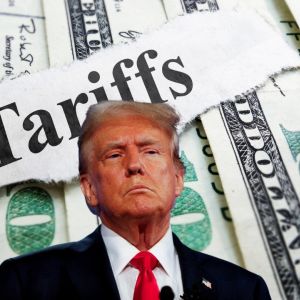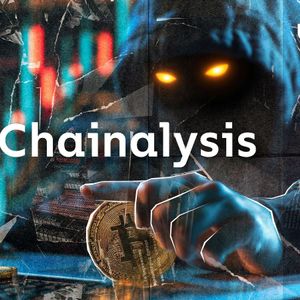Grosvenor Group CEO believes Tru8mp’s ‘nonsense and stupid’ tariffs won’t last
3 min read
Grosvenor Group CEO Mark Preston has voiced his contempt at US President Donald Trump’s tariff wars as “nonsense and stupid,” warning this will inflict pain on everyone . Preston, who heads the centuries‐old Grosvenor Group, operator of prime Mayfair and Belgravia estates as well as a build‐to‐rent developer in North America, Brazil and Australia, revealed that while the tariff war and its impacts will eventually fizzle out, it will harm economies and communities from London to America’s Chinatowns. The Grosvenor chief says the tariffs are counterproductive Although the firm has so far escaped any significant hit, Preston argued that such protectionist measures are ultimately counterproductive for every nation, the United States included, and he expects Washington will eventually abandon them. He pointed out that past efforts to raise trade barriers invariably collapsed into broader agreements like the postwar General Agreement on Tariffs and Trade, which helped lower duties and spur cross-border commerce. Grosvenor’s latest results suggest resilience amid uncertainty. Underlying profits climbed 16.5% to £86.4 million last year, buoyed by tight cost control and rising rents as more firms recommitted to London office space. Overall occupancy across its portfolio reached 97%, UK offices were 97.5% let (99% in Mayfair), while homes and shops registered 95% occupancy. The group paid out £52.4 million in dividends to the Westminster estate’s beneficiaries, up from £51.1 million in 2023. Global tax contributions dipped slightly from £112.2 million to £107.4 million, though UK payments rose to £71.7 million from £61.9 million. Preston also noted a settling into “hybrid normality” for offices, while remote work remains part of the mix, a growing number of companies are returning to their desks, if not full-time, and seeking smaller, better-equipped spaces. He attributed this trend to a willingness among tenants to pay premium rents for enhanced amenities. Yet, far from London’s polished façades, small traders in America’s historic Chinatowns are grappling with the tariffs’ immediate sting. Across more than 50 such neighborhoods, from New York and Boston to San Francisco and Los Angeles, many merchants depend heavily on Chinese imports for goods ranging from spices and seasonings to specialty beers and herbal remedies. Phoenix Palace in New York, for example, sources nearly all its ingredients from China. Costs are soaring as tariffs bite Owner Cory Ng says costs have soared, some items now cost twice as much, forcing him to absorb price hikes he fears would drive away customers if passed on. In Los Angeles’s Chinatown , herbal grocer Yue Wa Market has already raised the price of certain tonics, straining its largely elderly, food-stamp-dependent clientele. “I’m taking it day by day,” proprietor Amy Tran told The Guardian. Though a temporary truce in US-China talks has trimmed duties, US levies on most goods have dropped from a planned 145% to 30%, while China’s average tariff fell to 10%, no permanent accord is in sight. If duties revert to higher levels when the current 90-day pause lapses in August, many narrow-margin businesses may have no choice but to close. The stakes extend beyond individual shops. A renewed escalator of duties could unsettle markets that briefly steadied after April’s plunge, and squeeze restaurants whose average profit margins hover between 3% and 9%. With Chinatown communities already wrestling with gentrification, pandemic fallout and anti-Asian sentiment, an abrupt tariff hike could prove crippling. Still, business leaders on both sides cling to hope. Preston remains unruffled, confident that protectionism will prove unsustainable. And in New York, Ng insists that Chinatown’s resilience, built over generations, will endure. “We’ve overcome so much,” he says. “We have to keep that legacy alive.” Your crypto news deserves attention – KEY Difference Wire puts you on 250+ top sites

Source: Cryptopolitan



